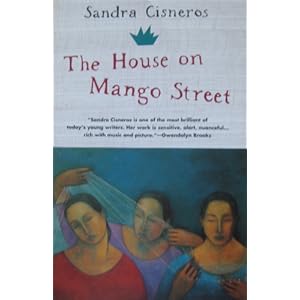Well, plans changed.
I'm still shooting for a January release, but it probably won't happen this week. I could spend a few minutes coming up with reasons why it didn't go live when it should have... instead, I'm just going to talk about some other things that have been on my mind the past few weeks.
If you've been paying attention to my blog since the beginning, and have been able to withstand all the times I've dropped off the grid, you may have noticed my growing fascination for serial fiction and short novels. Since I'm still less than a year into the indie publishing gig, I'm still experimenting with ways to get my work into the hands of readers.
My first experiment of the year is this series of novellas collectively called "Divine Intermission." The plan is to publish the first four books of this series throughout the year.
My gut instinct has been that ebook consumers are going to be more interested in shorter novels. It's like the weight loss advice that says eating several small meals is better than eating a few large feasts. Some of my fiction will be available in bite-sized morsels.
And I think this is where we're headed as indie authors.
Some would say that shorter fiction indicates more simplistic writing, which could also suggest that an author is writing to the lowest common denominator. This criticism is, of course, ridiculous.
Anyone who's tried to pack the power of a novel into the body of a short story knows that brief fiction does not equal easier fiction.
For a clear example of the shorter being more complex, take a look at the following two pieces of fiction:
 |
| 578 printed pages |
 |
| 110 printed pages |
What do you think? Are readers hungry for tiny morsels or enormous feasts?

